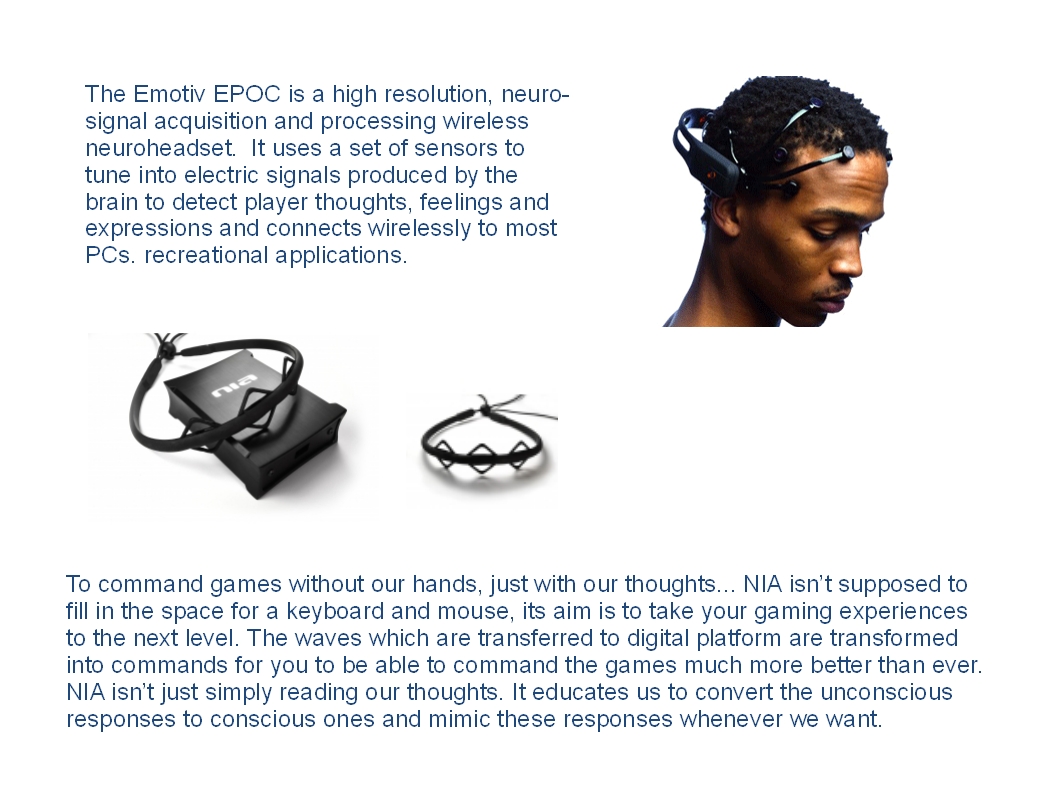Brain-machine interfaces (BMI) introduce a range of ethical concerns and considerations. Common concerns centre on the use of invasive implants. They draw attention to the manner in which benefits, risk and burden are estimated and articulated in experimental and clinical settings, e.g., in communication among experts, with policy-makers, patients, carers and other relevant stakeholders. There is a pervasive problem of how to regulate the new and emerging technologies in ways that can clarify legal ramifications and improve professional and regulatory accountability. There also remain unresolved questions of how to distribute access to experiments and treatments in ways that are most beneficial to the treatment of each individual. To summarise, there are physical risks of undergoing implant procedures but also questions of distributive and commutative justice which apply to all forms of BMIs, some of which require invasive procedures while others do not. For example, scalp-readings can be of significant help to those who suffer from motor impairment. But there are questions of operational reliability and questions of hype and hope. For example, it is uncertain to what extent electromagentic signals can override a person's will or how we can think of hybrid agents resulting from a human-machine merger. It is uncertain to what extent the hoped-for improvement of life quality and independence comes to pass. Individuals my have invested enormous effort in training to cope with a brain-machine interface without achieving the desired benefits. This may incite disappointment and frustration. And, in cases where success is significant, equipment may be withdrown after an experiment is over.
These are only a few of the problems associated with BMIs. But while brain-machine interfaces to-date are mainly intended for medical purposes, scalp-readings are also promoted and sold to enhance computer gaming experience. These new gadgets promise mind-controlled gaming, including mind-reading and the conversion from unconscious to conscious thought. The development of BMIs into marketable products introduce a whole new array of questions, many of which address more speculative thinking on cyborgs, human enhancement, military applications, mind-hacking and related issues.
